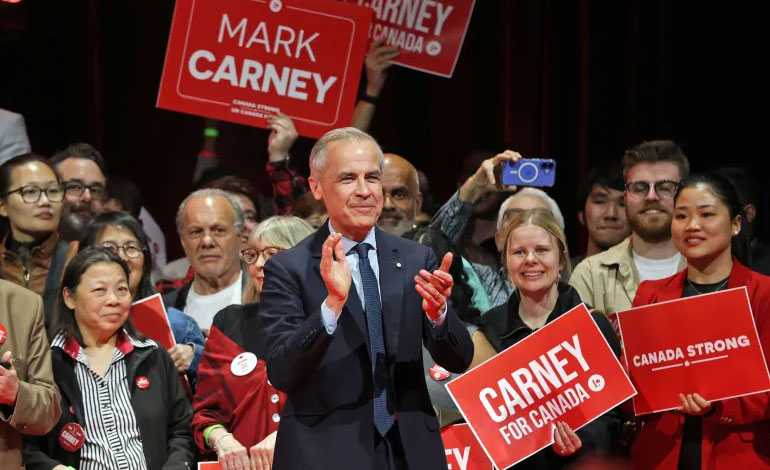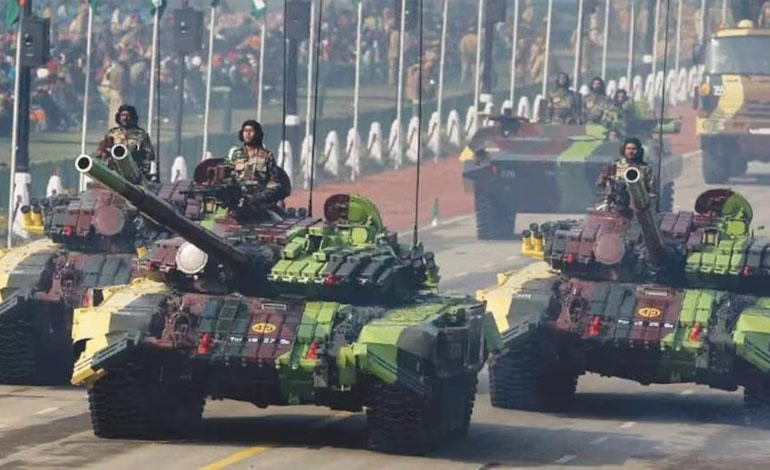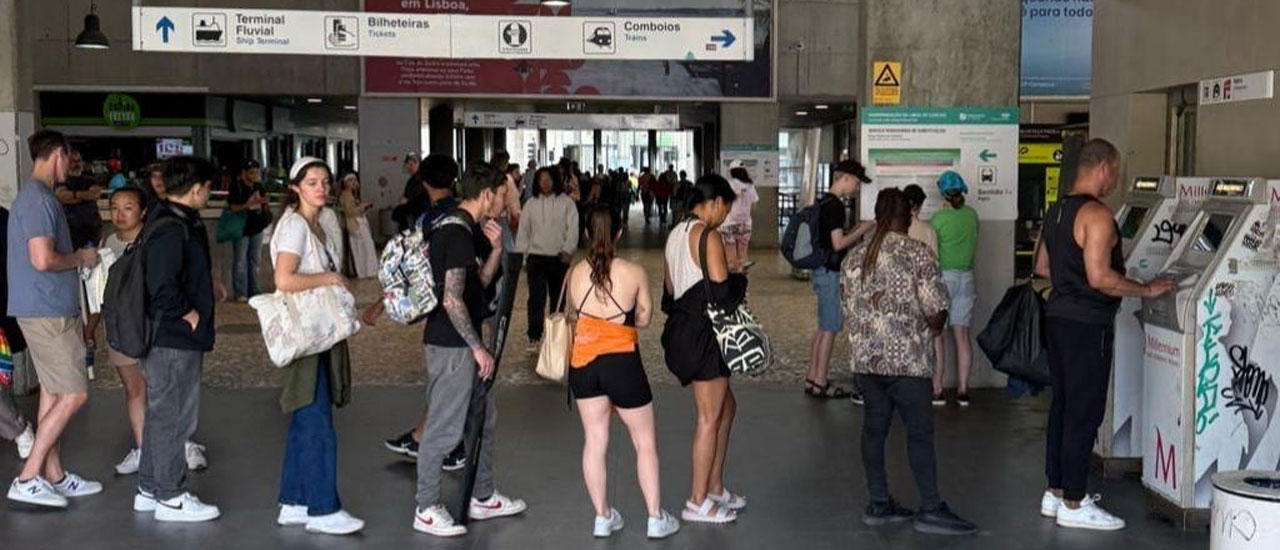What Mark Carney’s Rise and Liberal Victory Mean for India-Canada Ties

In a world where geopolitics often shifts with the rise of a single leader or the outcome of one election, Canada’s political scene has recently drawn attention—not just domestically, but across international borders. One of the biggest questions on the table: What impact could Mark Carney’s growing political clout and a Liberal Party victory have on Canada’s strained relationship with India?
To unpack this, let’s take a step back, understand who Mark Carney is, where India-Canada relations currently stand, and how this political reshuffling could influence the future of diplomacy between these two democracies.
Who Is Mark Carney, and Why Is He Important?
Mark Carney isn’t your average political figure. He’s not even an elected politician—yet. But his influence is unmistakable.
A former Governor of both the Bank of Canada and the Bank of England, Carney is widely respected in global financial circles. He’s credited with steering Canada through the 2008 global financial crisis with minimal damage and later brought his crisis-management skills to the UK during the Brexit uncertainty.
But in recent years, Carney has emerged as a powerful voice within Canada’s Liberal Party. He champions climate action, inclusive economic growth, and multilateral diplomacy—values that resonate with both centrist liberals and global partners. Though he hasn’t officially declared a run for leadership, his rising popularity and deep policy expertise make him a strong contender to either influence or lead the Liberals in the future.
In short, Carney is the kind of leader who could bring a more strategic and globally-minded approach to foreign relations—including the currently tense ties with India.
The Current State of India-Canada Relations
To understand where things might go, we need to first look at where things are.
India and Canada have long enjoyed warm people-to-people ties, thanks in large part to Canada’s large Indian diaspora—over 1.4 million strong, making up nearly 4% of the population. There’s also strong potential for trade, education exchange, and technology partnerships.
But in recent years, diplomatic relations have taken a sharp downturn. The most dramatic flashpoint came in September 2023, when Canadian Prime Minister Justin Trudeau publicly accused the Indian government of involvement in the killing of Hardeep Singh Nijjar, a Canadian Sikh separatist leader. India firmly denied the allegations and responded with reciprocal diplomatic expulsions, visa suspensions, and a stark cooling of official engagement.
This wasn’t a standalone issue—it tapped into a long-standing sore spot: Canada’s handling of pro-Khalistan activism within its borders, which India sees as a threat to its national unity. Add to that stalled trade negotiations, canceled business delegations, and minimal high-level dialogue, and it’s clear the relationship is currently at a low ebb.

Could Mark Carney Bring a Reset?
If Mark Carney were to take on a leadership role or significantly shape Liberal foreign policy, there are several reasons to believe a reset in India-Canada relations could be possible.
1. Diplomatic Temperament and Global Perspective
Carney’s track record shows he’s not driven by populism or domestic political noise. He has a reputation for listening, building consensus, and taking a long-term view—traits that are valuable in repairing fractured relationships.
Where Trudeau’s bluntness has occasionally escalated tensions, Carney’s style leans toward quiet diplomacy. He understands the importance of India—not just as a growing economic powerhouse but as a key player in the Global South and a strategic partner in balancing China’s rise.
2. Economic Pragmatism
India and Canada have unfinished business—literally. A Comprehensive Economic Partnership Agreement (CEPA) has been under negotiation since 2010, with talks frequently stalling due to political and regulatory concerns.
Carney, with his deep economic background, could prioritize trade as a tool for rebuilding trust. His ability to speak the language of both business and diplomacy might help unblock the stalled negotiations and push for practical cooperation in sectors like clean energy, technology, and agribusiness.
3. Diaspora Engagement With a Balanced Approach
One of the most delicate challenges in India-Canada ties is the role of the Sikh diaspora. While the vast majority of Indo-Canadians are law-abiding and peaceful, the issue of Khalistan separatism has created a wedge.
Carney’s approach could lean toward respectful engagement—acknowledging the diversity of opinions within the diaspora while reaffirming Canada’s zero tolerance for extremism. This kind of clarity, if communicated consistently, could help ease Indian concerns without compromising Canadian values of free expression.
Challenges Still Ahead
Of course, no one figure can wave a magic wand and undo years of mistrust. Even with a more diplomatic tone from Ottawa, India may remain cautious. Its foreign policy under Prime Minister Narendra Modi is increasingly assertive, and New Delhi expects its partners to respect its red lines—especially on territorial integrity and internal security matters.
Moreover, if political rhetoric in Canada continues to blur the line between human rights advocacy and separatist sympathies, it could prolong the standoff.
Then there’s the domestic angle. Any leader, including Carney, would need to balance Canada’s commitment to free speech and minority rights with the need to maintain international relationships. This tightrope walk will require careful messaging and consistent policy—not just during crises, but in everyday diplomacy.
The Bottom Line
Mark Carney’s potential rise and the Liberal Party’s continued presence in Canadian politics could signal a turning point in India-Canada relations—but only if handled with strategic patience and mutual respect.
Carney brings a skill set and worldview that leans toward restoring stability and pursuing win-win partnerships. His global credibility, economic insight, and diplomatic style could help soften the edges of an increasingly brittle relationship.
However, progress won’t come overnight. Both nations will need to rebuild trust one step at a time, focusing on shared interests rather than ideological disagreements. With careful leadership and a fresh diplomatic tone, there’s hope that two natural partners—linked by history, people, and opportunity—can find their way back to the negotiating table.










